|
|
|
|
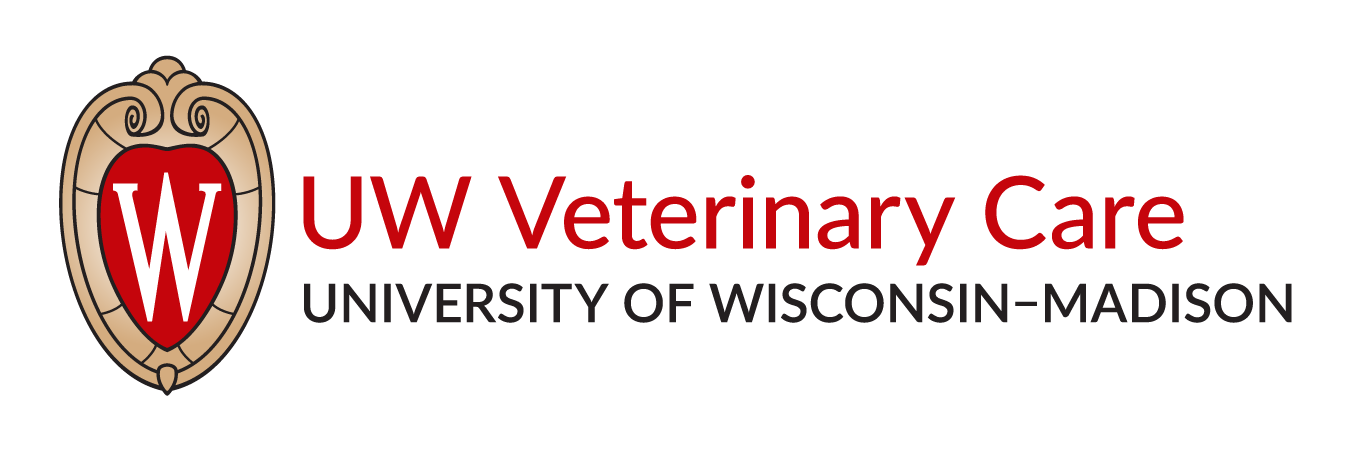
|
|
|

|
|
|
|
|
A Chance to Live More Fully: Beau the Poodle
|
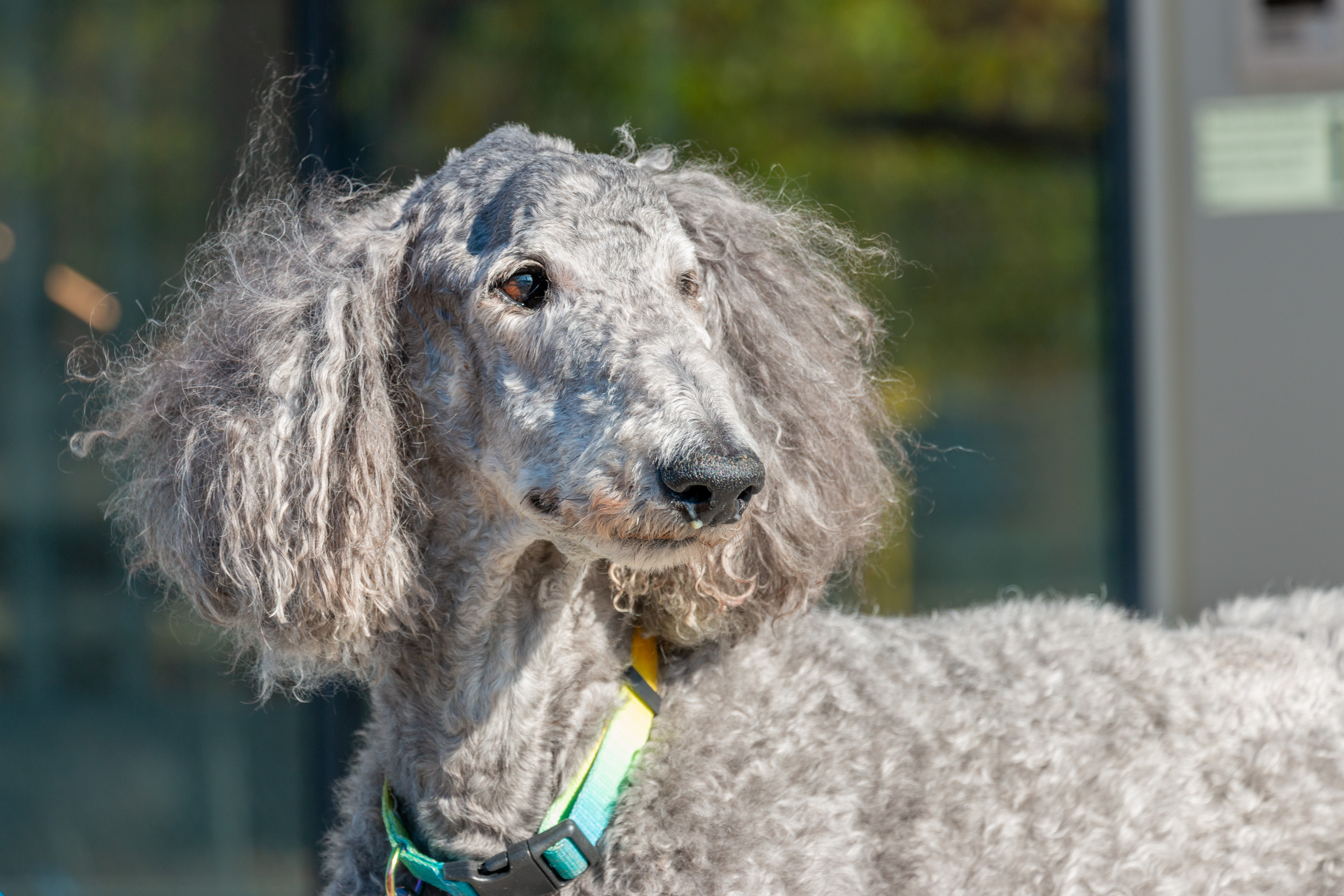
|
For nearly 11 years, Beau the poodle adapted to life with a jaw that could barely open —until a dedicated team at UW Veterinary Care stepped in. Specialists across multiple disciplines collaborated on a complex procedure that allowed Beau to fully open his mouth for the first time since he was a puppy. Though his time afterward was brief, Beau experienced newfound joy in basic daily activities like eating, playing, and even barking. Read the full story online, or check out our spring issue of On Call magazine (in mailboxes early April) to read more about his journey and the power of specialized veterinary care.
|
|
|
Building Connections Through Name Badges
|
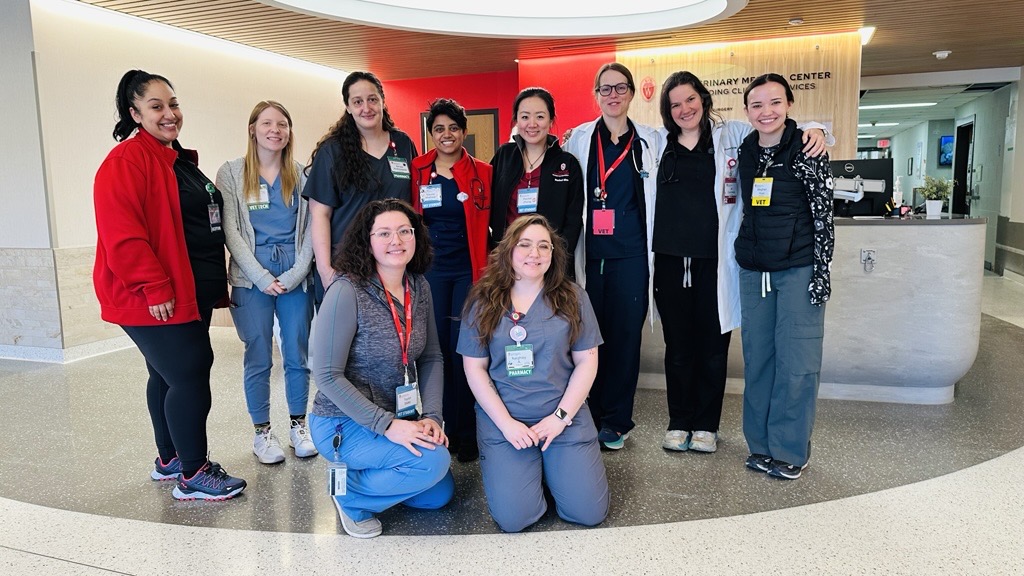
|
This month, new and enhanced name badges will become a required part of hospital attire, reinforcing our commitment to client-centered care. By making our team members and their roles more easily identifiable, we enhance communication, build trust, and create a more welcoming environment for clients and their animals.
|
|
|
Explore Veterinary Medicine at UW Science Expeditions --- April 6
|
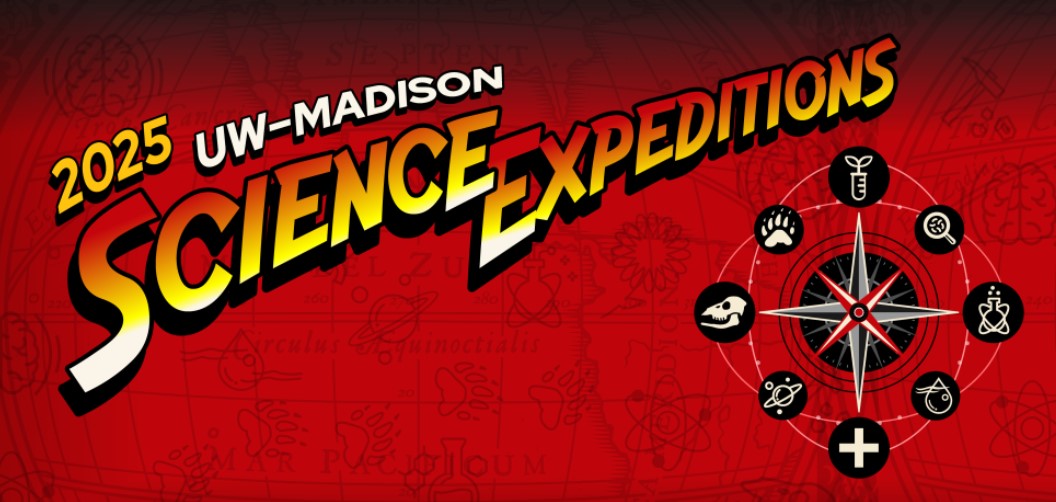
|
Join us for UW Science Expeditions, a campus-wide open house, and discover the fascinating world of veterinary medicine! On Sunday, April 6, from 10 a.m. to 3 p.m., the School of Veterinary Medicine and UW Veterinary Care will offer info tables, hands-on activities, and guided tours showcasing the innovative work we do to advance animal and human health. This event is a great opportunity to engage with our experts, explore our facilities, and see firsthand how we make a positive impact – from the urban and rural landscapes of Wisconsin to communities around the globe. All events are free and open to the public. For more details and the full schedule, visit the UW Science Expeditions website.
|
|
|
Poppy's Journey: A Successful Surgery Update
|
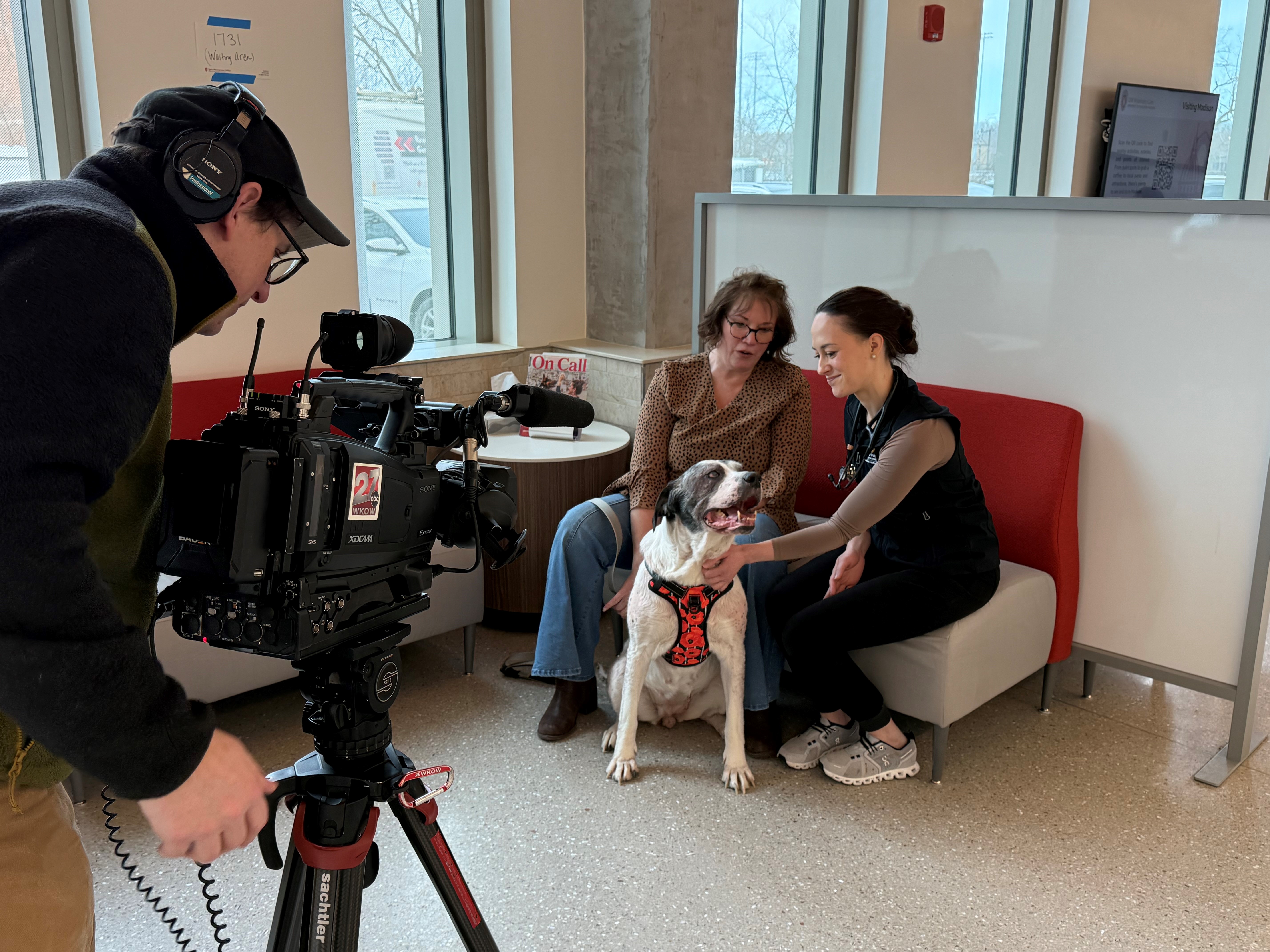
|
Last fall, we introduced you to Poppy, a courageous dog who showed incredible will to live after years of neglect and abuse. We’re excited to share that Poppy’s was recently deemed healthy and strong enough for two needed surgeries. Both procedures were a success and Poppy is recovering well. You can follow her journey and see the latest updates on her progress, including some heartwarming photos on the Noah’s Legacy Facebook page. Thanks to the WKOW-TV news team for their ongoing coverage of Poppy’s story, and to everyone who has been following along and rooting for her!
|
|
|
New Clinical Study: American Quarter Horses Needed
|
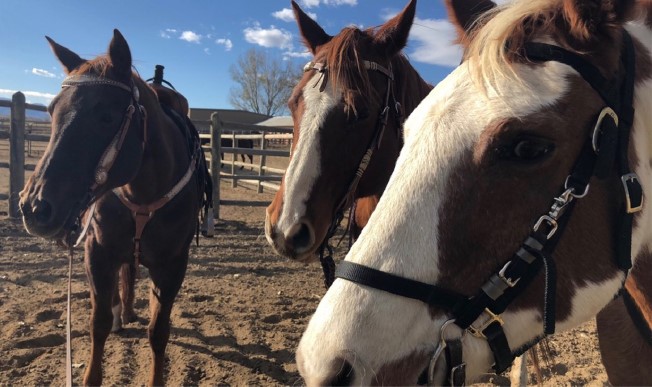
|
The UW Veterinary Care Clinical Studies department is recruiting healthy adult American Quarter Horses for a study aimed at establishing normal heart measurements on echocardiograms (heart ultrasounds) and ECGs. Horses should be able to tolerate 30-45 minutes of handling for an exam and an ultrasound probe placed on the chest.
Participants will receive a free physical exam and echocardiogram and will contribute to advancing science and improving horse health.
For more information, contact Angela Molli at molli@wisc.edu or Amy Elbe at clinicalstudies@vetmed.wisc.edu or 608-890-3484. Click here to complete the eligibility questionnaire.
|
|
|
|
|
WisCARES (Wisconsin Companion Animal Resources, Education, and Social Services) is highlighted in On Wisconsin magazine for its critical role in providing veterinary care, housing support, and advocacy to pet owners experiencing homelessness, housing instability, or financial hardship in Dane County. The article, written by Meghan Lepisto (’03 MS’04), illustrates how WisCARES offers compassionate, affordable care to people pets in need and helps preserve the important bons between animals and human during difficult times. Read the full article here.
Calico Schmidt (’88 DVM’92); Department of Pathobiological Sciences) was recently featured on Civic Media's Matenaer on Air with Jane Matenaer. Schmidt discussed a lesser-known issue affecting pets: Alzheimer's disease in dogs and cats. The conversation highlights the importance of recognizing signs and seeking proper care for pets with cognitive dysfunction. Listen to the interview here.
How dogs visually view and perceive TV remains a hot topic in the media, and Freya Mowat (Department of Surgical Sciences) remains a leading voice in this area of research. She was recently quoted in a Washington Post article and interviewed for NPR’s Morning Edition.
Sandra Newbury (DVM’03), director of the UW-Madison Shelter Medicine Program, was featured in a recent USA Today article discussing the growing restrictions on pet adoption applications. The article explores how shelters are implementing stricter criteria for prospective pet owners, raising debates about accessibility and animal welfare. Newbury provides expert insight on the balance between responsible placements and ensuring that pets find loving homes. Read the full article here and read about Shelter Medicine's 10-year milestone here.
|
|
|
|
|
|